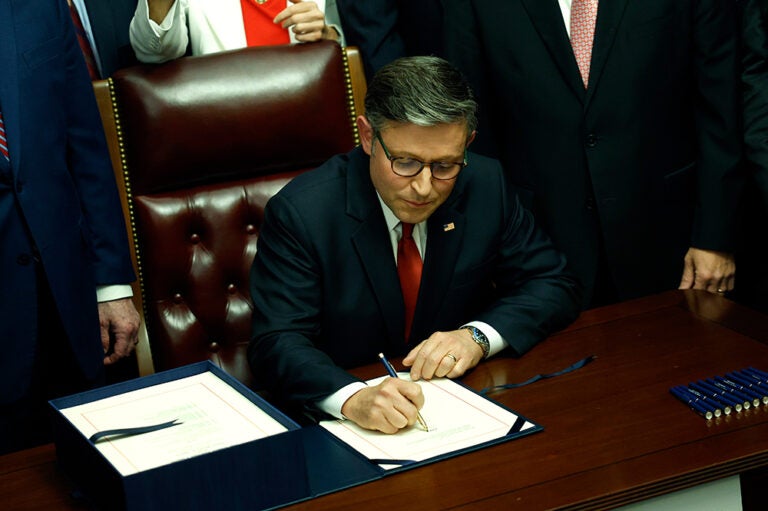The One Big Beautiful Bill Act Is the Most Expensive Reconciliation Package in Recent History
This week, lawmakers in Congress approved reconciliation legislation that will add trillions of dollars to America’s already unsustainable fiscal trajectory.
According to the Congressional Budget Office (CBO), the legislation will add $3.4 trillion to federal deficits from 2025 through 2034, plus interest costs on the additional debt.
Most of the cost of the package is due to the permanent extension of many of the temporary provisions of the 2017 Tax Cuts and Jobs Act (TCJA). Additionally, the bill contains new income tax deductions for tips, overtime compensation, seniors, and auto loans. All told, the legislation will reduce federal revenues by $4.5 trillion over the next 10 years. That reduction in revenues is partly offset through changes to Medicaid, the federal student loan program, and the Supplemental Nutrition Assistance Program (SNAP).
The Fiscal Cost of OBBBA Will Be Even Worse When Considering Additional Interest Costs and Possible Tax Cut Extensions
The $3.4 trillion price tag for the OBBBA will drive the national debt to unprecedented levels, but that figure does not include associated interest costs from the higher level of borrowing needed to foot the bill. Interest costs on the legislation will add approximately $700 billion to federal deficits over the next 10 years, bringing the total cost of the legislation to $4.1 trillion.
Additionally, the legislation’s cost could climb further if its new, temporary tax provisions are ultimately extended without offsets. Should lawmakers choose to make those temporary provisions permanent, the 10-year cost of the OBBBA would rise to $5.5 trillion, according to the Committee for a Responsible Federal Budget.
Conclusion
The legislative package passed by Congress this week will be the most expensive reconciliation bill in a quarter of a century and will add trillions of dollars to the U.S. debt over the next 10 years. Budget reconciliation, the process utilized by Congress to consider this legislation, was designed to be a tool for fiscal responsibility. Using this process to add to the national debt is taking the nation in the wrong fiscal direction.
Looking ahead, as deficits continue to rise unsustainably, it will be critically important for the nation’s leaders to prioritize fiscally responsible policies that put the country on a more sustainable path.
Further Reading
Budget Basics: What Is the Child Tax Credit?
The CTC provides assistance to families with children, and while it represents a relatively modest part of overall government spending, it is one of the largest tax expenditures.
Budget Basics: Tax Expenditures
Tax expenditures can come in the form of exclusions, exemptions, deductions, and credits.
How Did the One Big Beautiful Bill Act Change Tax Policy?
See how OBBBA restructured the tax landscape across four major areas: individual tax provisions, business tax provisions, energy tax credits, and health-related tax changes.


